
 Instagram
Instagram
What is diaphragm contraceptive?

Related products
What’s covered?
What is diaphragm contraceptive?
Everything you need to know about contraceptive diaphragm birth control method

The word diaphragm means a physical separation or partition between two chambers. Recall the diaphragm in your body that separates the chest from the abdomen. Similarly, you can place a synthetic diaphragm in your vagina, separating the vagina from the uterus. It is the concept of a diaphragm contraceptive.
What is the idea behind a diaphragm contraceptive?
During sexual intercourse between someone with a penis and someone with a vagina, the male partner injects his semen into the vagina. The sperms have to travel upward towards the fallopian tubes for fertilisation. So, what if you place a physical partition in the vagina to obstruct the flow of sperm? Instead of regularly using contraceptive pills, you need to insert them in your vagina, and you will be free from worries of unplanned pregnancy.
To know more about contraception, click here.
What is a diaphragm contraceptive?
It is a dome-shaped, reusable and flexible cup placed in the vagina to avoid pregnancy. Just like male condoms and vaginal sponges, it physically prevents the sperms from reaching the site of fertilisation. It is often combined with some spermicide (the chemicals that kill sperm) for better results. However, you need to consult your doctor before going to use it.
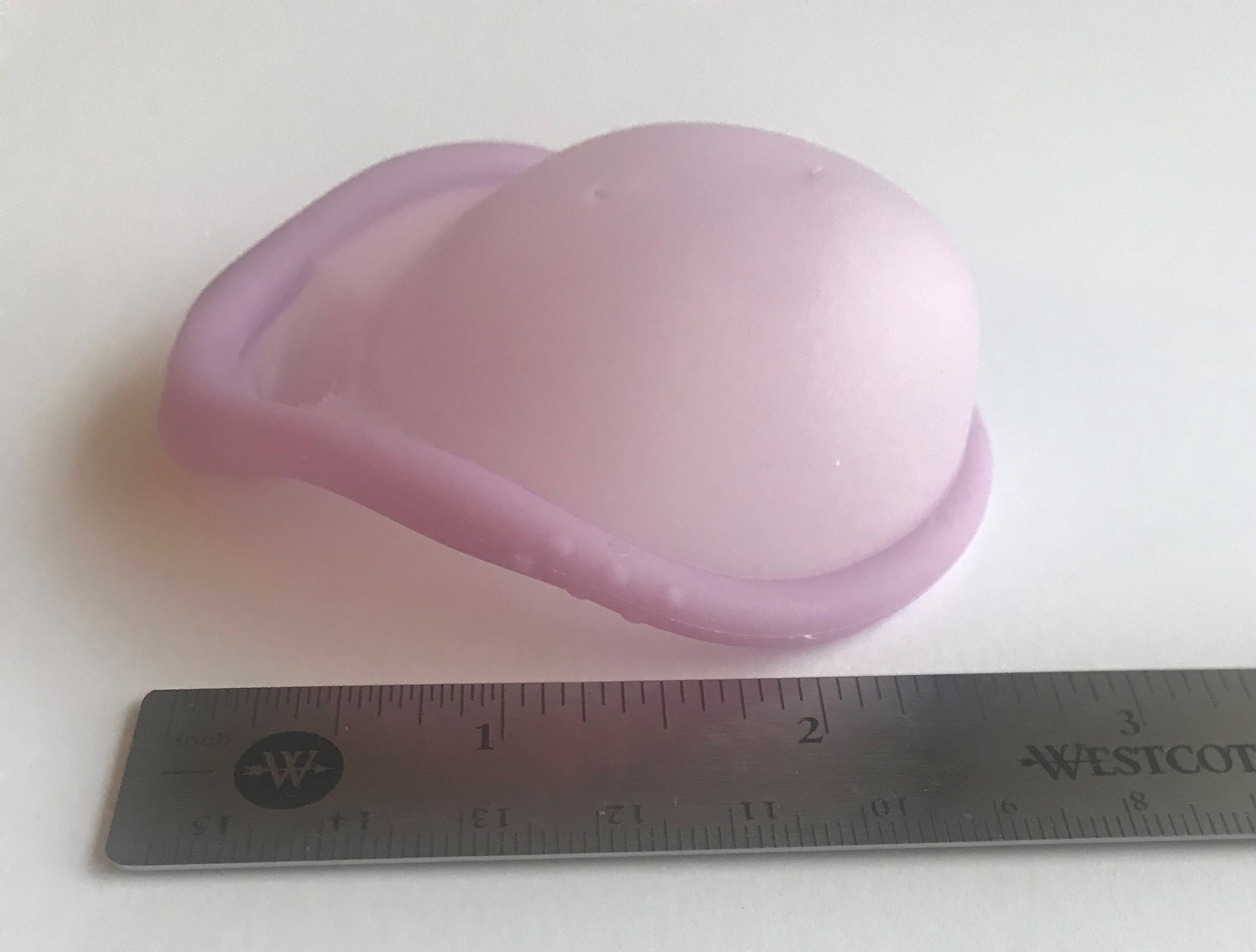
Various types of diaphragms are available, e.g., wide seal rim diaphragm, arching spring diaphragms, flat spring diaphragms, coil spring diaphragms, silicone wide seal rim diaphragms, etc. You need to consult your gynaecologist for choosing the best type for you.
The vaginal diaphragms are prepared from inert materials, e.g., latex, rubber or silicone. Allergies to these materials are rare, however, you need to report it if you have such an issue. A damaged diaphragm poses the risk of pregnancy. Similarly, oil-based lubricants should be avoided as they can damage the diaphragm.
How does a vaginal diaphragm work?
These diaphragms are inserted into cervical rings. Cervix is the part of the reproductive system that is present between the vagina and the body of the uterus. Thus, a diaphragm blocks the entrance to the uterus. Additionally, the spermicides used also immobilises the sperm so they can't travel upward. Spermicides are applied on the diaphragm as cream, gels or foam.
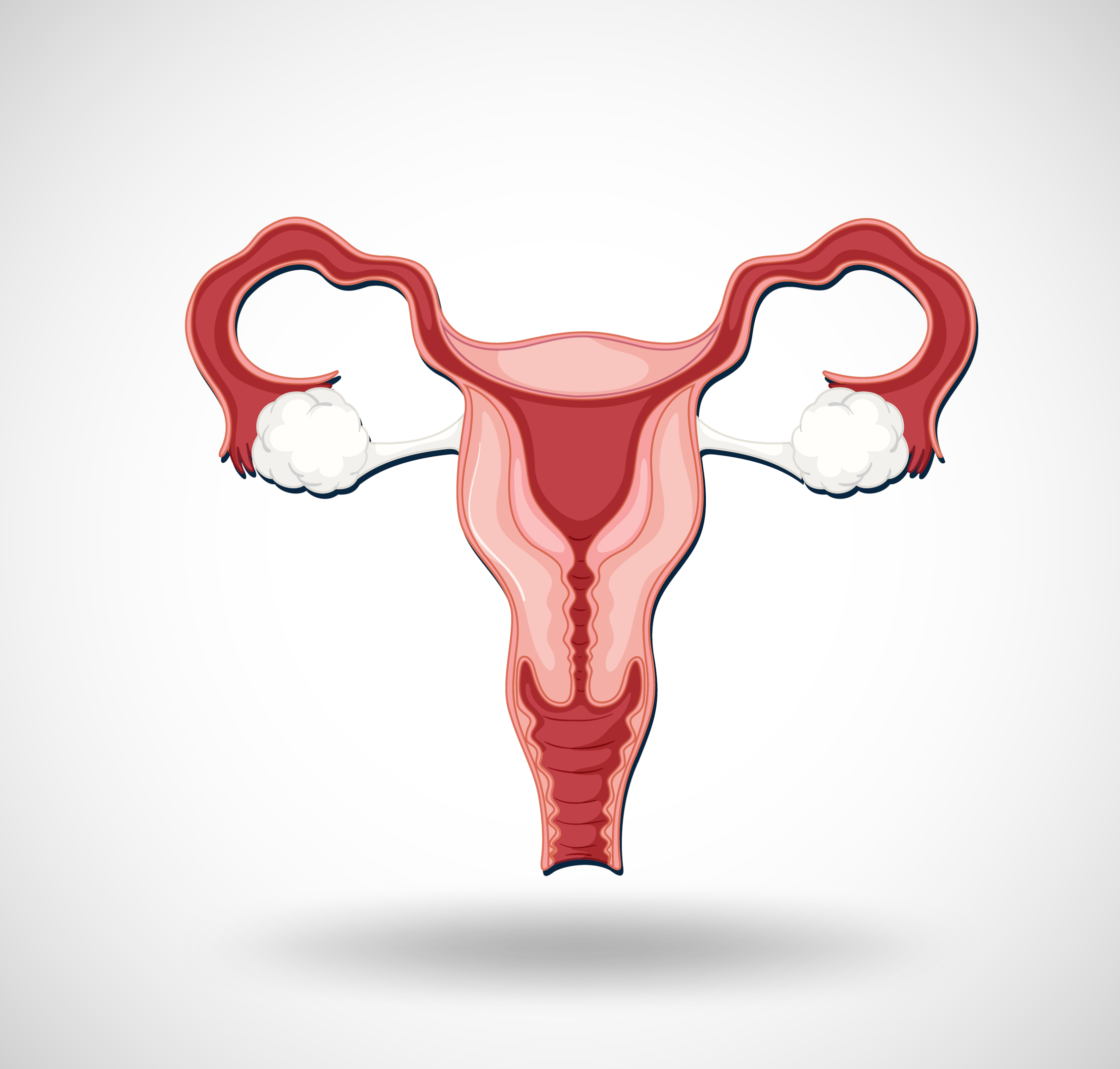
To learn if this contraception is right for you, you may need to visit a reproductive health clinic. The doctor will conduct a pelvic examination to judge the size recommendations. The experts will also advise you on implanting and removing the diaphragm.
How to implant and remove the diaphragm?
Implantation and removal of the diaphragm is easy.
Implantation
The implantation requires a strong vaginal muscle tone. The proper insertion allows you to use a diaphragm effectively. Follow the following steps;
-
First of all, you need to wash your hands. Remove the diaphragm's cover and apply the spermicide to the dome and rim of the diaphragm.
-
After this has been done, find a suitable position for insertion. Some may find comfort while lying on the back, while others may find it easy to insert it while having legs on a chair.
-
Make the fingers of one hand in a V shape and access the vaginal opening. Hold the diaphragm in the other hand.
-
Squeeze the mouth of the diaphragm so that it fits the vaginal opening. Slide it inside the vagina and push as far as you can toward the pubic bone.
-
Once it is in the vagina, insert your middle finger and check if the diaphragm covers the cervix's rim.
-
Again apply spermicide in the vagina.
A good-sized and properly fit diaphragm should not disturb your routine activities e.g., sexual intercourse, sneezing, walking etc. If so, you have likely used an undersized or oversized diaphragm and inform it immediately to your health expert. You need to insert it at least one hour before sexual intercourse for better results.
Removal
Removal of the diaphragm goes as follows;
-
Wash your hands with soap or non-irritant sanitiser.
-
Insert your middle finger and feel the rim of the vagina
-
Slide the finger underneath the rim to remove suction between the vaginal walls and the rim. Pull the diaphragm downward and outward.
-
Gently wash the diaphragm with soap or a specialised washing solution, air dry it and place it in a safe container for future use.
Removing the diaphragm 12-24 hours after sexual intercourse is safe because sperm have lost mobility by then.
How effective is it?
Under ideal conditions, a diaphragm should prevent pregnancy in most cases. However, the diaphragm is a less effective birth control than traditional contraceptive pills.

Various studies have confirmed the effectiveness of this barrier method. For example, a 2003 study published by Cochrane Library found that the 12-month commutative pregnancy rate in diaphragm users was 28.6% when it was used without spermicide and 21.2% when used with spermicide.
Similarly, another research published in Contraception noted a pregnancy rate of 7%. However, you can increase the efficacy by combining it with other birth control methods, e.g., contraceptive pills, male condoms etc.
What are the pros and cons of the vaginal diaphragm?
Just like other contraceptives, this method also comes with advantages and disadvantages.
Pros
It benefits you as it is;
-
Reusable
-
Non-hormonal
-
Need low maintenance
-
No side effects
-
Decrease your reliance on your partner for Contraception
-
Causes less disruption in the sex
Cons
However, it would help if you were careful because;
-
It has less efficacy, and incorrect and inconsistent use can result in pregnancy.
-
It may be dislodged during sex and pose the risk of pregnancy
-
You may feel uncomfortable initially, particularly if you have undergone pelvic surgery.
-
The materials e.g., latex can cause allergic reactions and irritation
-
It is not so effective if you have frequent urinary tract infections
-
Some spermicides can cause irritation and burning inside the vagina
-
It does not give protection from sexually transmitted infections
-
Unhygienic conditions can cause entry of germs into the body leading to severe situations, e.g., toxic shock syndrome.
Bottom-line
The vaginal diaphragm is another method of preventing pregnancy. It is easy to use, less invasive and doesn't interfere with your hormones. However, its efficacy is lower and works poorly with average vaginal muscle tone. It is best when it is combined with other contraceptives.
At Welzo, we offer several kinds of contraception, read our contraception information page here.
Contraceptive pills & services
- Contraceptive treatment
- Buy rigevidon
- Buy Yasmin combined contraceptive
- Buy Cerazette
- Buy Mercilon
- Buy Cerelle
- Buy EllaOne emergency contraceptive
- Buy Triadene
- Buy Qlaira
- Buy Synphase
- Buy Sunya
- Buy Norgeston
- Buy Levonorgestrel
- Buy Ovranette
- Buy Femodette
- Buy Dretine
- Buy Levonelle
Contraception articles
- Is the morning after pill free?
- Can I get over the counter birth control pills?
- What are the benefits of the progesterone-only pill?
- What's The Difference Between The Combined Pill And The Mini Pill?
- When to take the morning-after pill?
- Natural Contraception Methods
- IUD Coils Explained
- Contraceptive vaginal rings explained
- What is a diaphragm contraceptive?
- What contraceptive is best for me?
- How does the contraceptive pill work?
- What is coil contraception?
- What are contraceptive injections?
- Is it safe to take contraceptives?
- What is the most effective form of contraception?
- Are contraceptive implants safe?
- Are birth control pills safe in the long run?


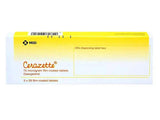


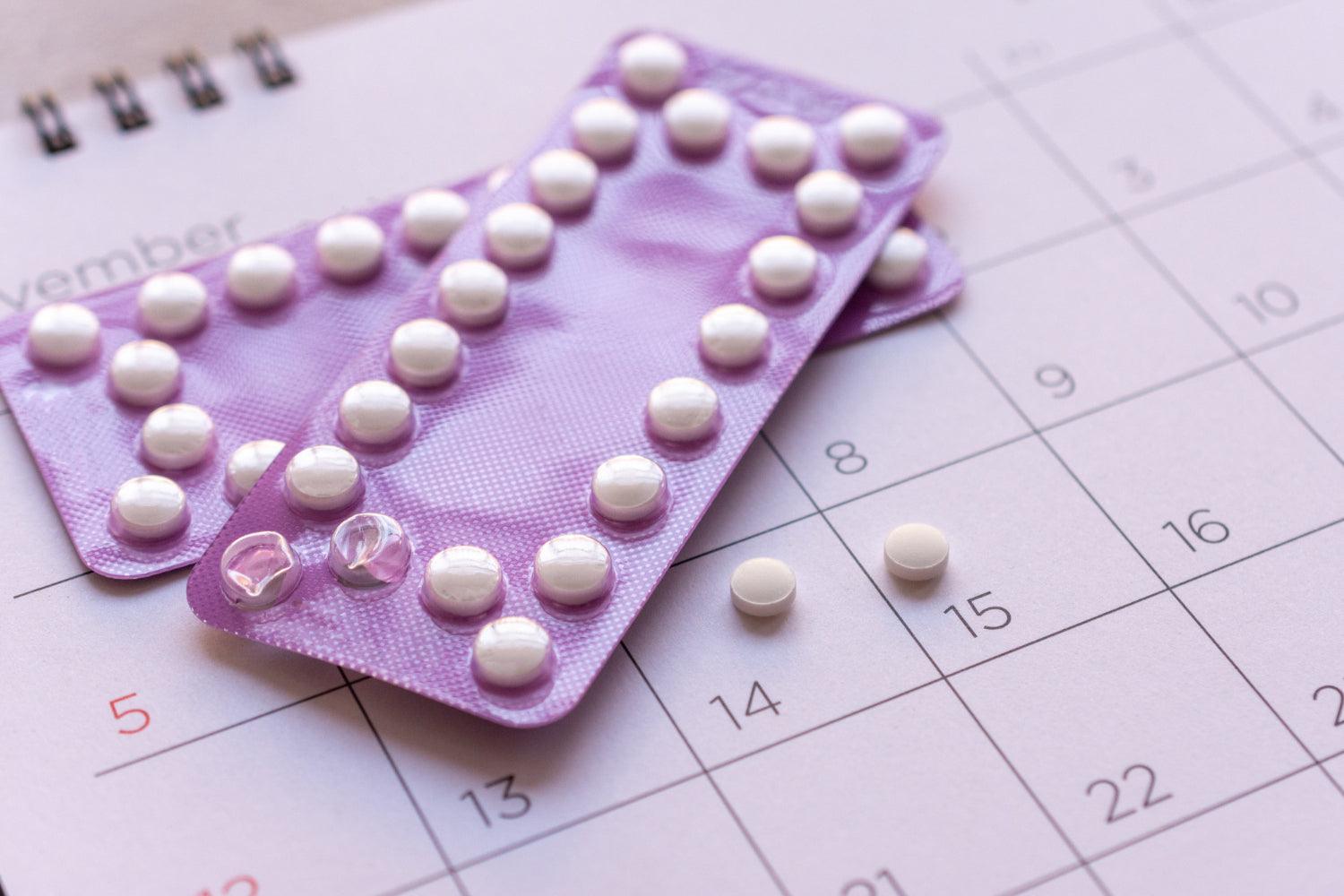






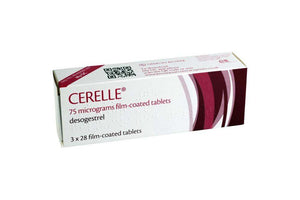








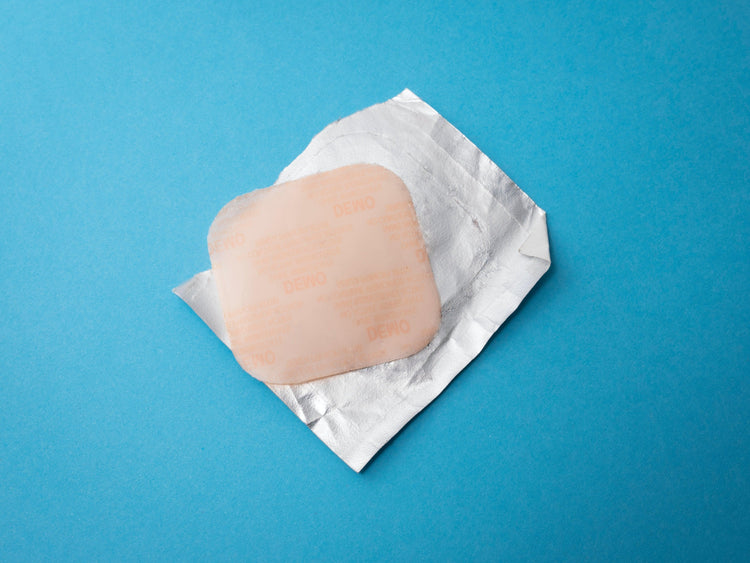

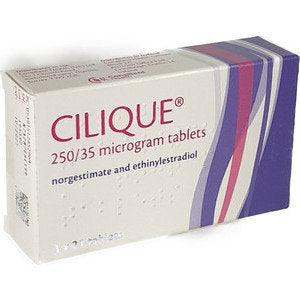
 Rated Excellent by 26,523+ Reviews
Rated Excellent by 26,523+ Reviews